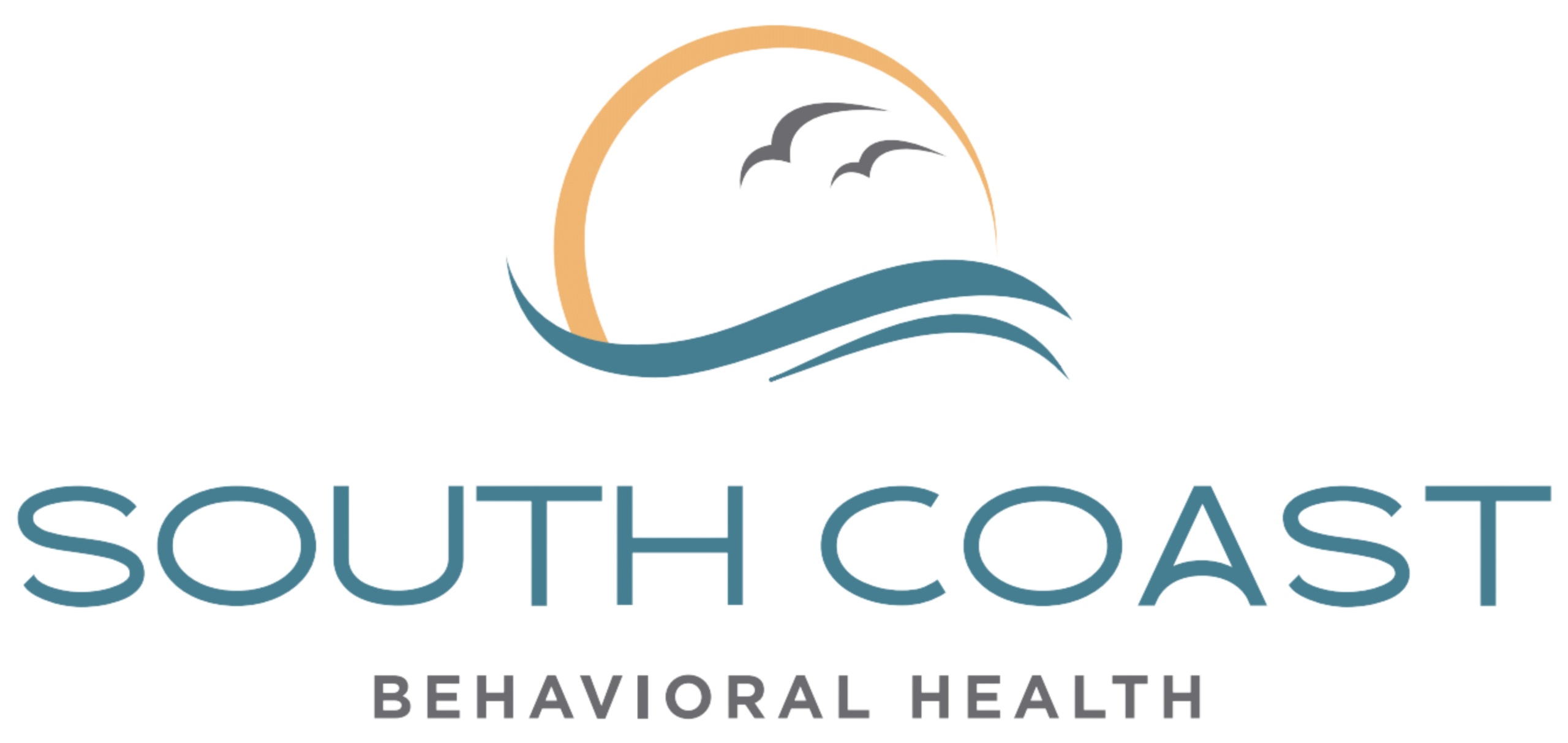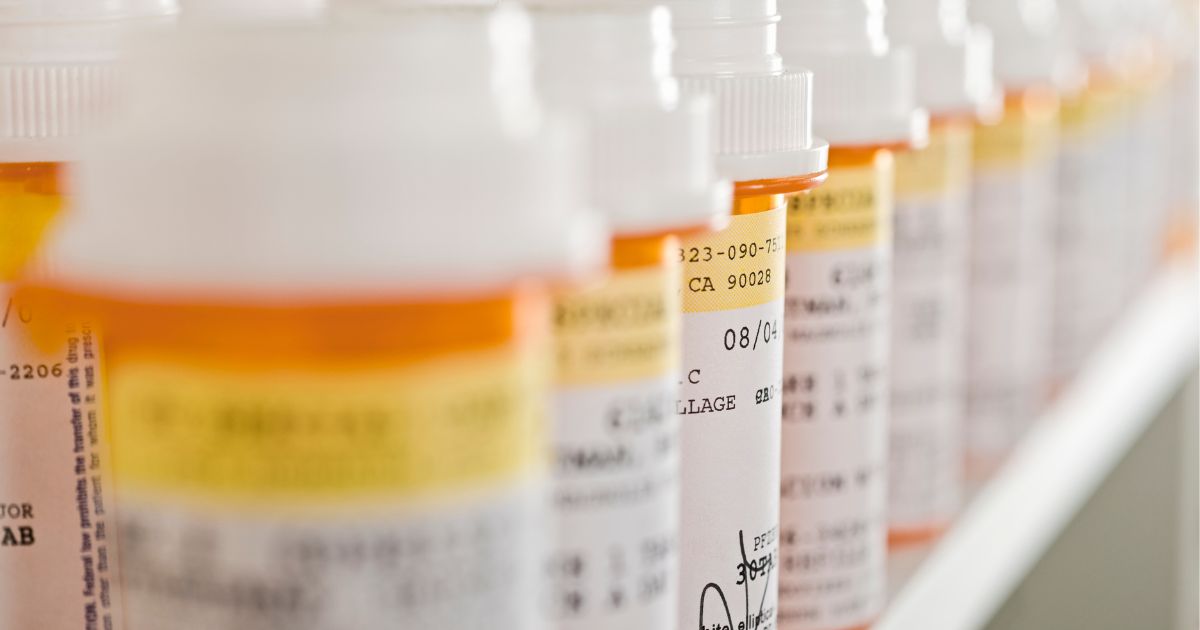Sometimes it can be hard to know if you have a substance abuse problem, especially if you have nobody around (or willing) to tell you. While it’s no substitute for a professional diagnosis, if you feel you might have an issue with alcohol, this might be the first step toward seeking help. In this article, we’ll also cover what alcoholism is, its dangers, and what treatment is available.
What is Alcoholism?
Alcoholism, also known as alcohol use disorder (AUD), is a chronic, relapsing disease characterized by an impaired ability to stop or control alcohol use despite adverse social, occupational, or health consequences. It’s a complex condition and can vary in severity: mild, moderate, and severe, each of which presents different symptoms and behaviors.
Facts about alcoholism:
- Alcohol use disorder is the most common addiction in the United States, with over 10% of the population meeting the criteria for AUD.
- Misuse of alcohol is the seventh leading risk factor for premature death and disability. In the age group of 20-39 years, approximately 13.5% of the total deaths are alcohol-attributable.
- Issues relating to alcohol cost the U.S. economy approximately $249 billion in 2010, according to the CDC, highlighting the significant economic burden to society.
If you or a loved one are dealing with the consequences of alcohol abuse, know that treatment is available.
What Causes Alcohol Abuse?
There are a variety of reasons a person may fall into alcohol abuse because each individual is unique. However, some common factors can be seen.
The propensity toward alcoholism is highly heritable. For example, there is a gene variant called ADH1B*3 that increases the sedative effects a person drinking alcohol may experience.
Those who don’t have ADH1B*3 are at higher risk because there is less of a sedative effect that would slow them down – they keep drinking for the euphoric effects until their body eventually, abruptly, shuts down and they lose consciousness.
Social environments also play a major role in the risk of alcoholism. Binge drinking, for example, is rampant on college campuses. It is estimated that around 13% of college students meet the criteria for AUD.
In most cases, alcoholism is rooted in a mix of genetic and social factors.
Get confidential help from our addiction treatment specialists in Orange County. Call to join our rehab program today!
Call 866-881-1184Am I an Alcoholic? Take the Quiz
Below is a simplified true-or-false questionnaire. Please answer honestly about your behavior and feelings related to alcohol use.
I often drink more alcohol than I originally intended.
True / False
I have lied about or hidden my drinking habits from others.
True / False
My drinking frequently causes me to black out.
True / False
My friends or family members have expressed concern about my drinking.
True / False
I have tried to cut back or stop drinking alcohol but couldn’t.
True / False
I have given up or cut back on activities that were important or interesting to me to drink.
True / False
My drinking puts myself in dangerous situations (e.g., driving, unsafe sex, etc.) while or after drinking.
True / False
My performance at work, school, or in my household responsibilities has suffered because of my drinking.
True / False
I have continued to drink even though it has caused problems with family, friends, and relationships.
True / False
I have experienced signs of alcohol withdrawal symptoms (e.g., trouble sleeping, shakiness, irritability) when the effects of alcohol were wearing off.
True / False
Scoring:
If you answered “True” to 1-2 of these statements, it may be a sign that you should take a closer look at your drinking habits.
Answering “True” to 3-4 statements suggests that your drinking patterns are likely cause for concern and it’s important to seek guidance.
If you answered “True” to 5 or more, it is highly advisable to reach out to a healthcare professional for an evaluation, as these are strong indicators of an alcohol use disorder.
Remember, the results of the alcoholism quiz are not definitive and only a professional can diagnose an alcohol use disorder. However, your honest self-assessment is a crucial first step towards getting any help you might need.
What Are the Dangers of Alcohol Addiction?
Alcohol addiction is associated with a wide range of severe dangers and risks, including:
- Physical health problems like cirrhosis of the liver, heart issues, increased risk of stroke, pancreatitis, and various types of cancer. Alcohol also weakens the immune system, making the body more susceptible to diseases.
- Social and relationship problems
- Mental health issues like depression and anxiety. Additionally, excessive alcohol use can lead to exacerbation of pre-existing mental health conditions, mood swings, and increased suicidal tendencies.
- Withdrawal symptoms of alcohol such as shaking (tremors), insomnia, anxiety, and even life-threatening conditions like seizures and delirium tremens (DTs). Alcohol withdrawal often requires help from a detox professional.
- Impaired judgment
- Money troubles due to excessive spending to feed one’s alcohol addiction. Additionally, legal consequences can themselves lead to financial strain in the form of fines, legal fees, and bail.
- Work or academic problems stemming from decreased productivity, absenteeism, and concentration or memory issues
Fetal overdose
If you or a loved one are suffering from alcohol addiction, compassionate treatment is available.
Looking for quality substance abuse treatment that’s also affordable? South Coast accepts most major insurance providers. Get a free insurance benefits check now.
Check Your CoverageAlcoholism Treatment at South Coast Behavioral Health
If you or a loved one are seeking substance use disorder treatment or help for mental health disorders, South Coast Behavioral Health is here to help. The first step in alcohol addiction treatment is a medical detox. This means using drugs to manage withdrawal symptoms.
Our medical detox program in California is staffed by caring and compassionate professionals who can provide you with medications to manage your withdrawal symptoms.
At South Coast, we take pride in offering care that is closely tailored to specific issues. To that end, we offer gender-specific detox programs, with medical detox for men in Irvine, CA, and medical detox for women in Huntington Beach, CA.
After detoxing, proper treatment can begin.
Treatment for substance abuse takes place along an entire spectrum of care. Along that entire spectrum are various kinds of behavioral therapy, support groups, and the use of medically-assisted treatment (MAT).
These levels of treatment for excessive alcohol abuse are, in order, as follows:
Residential Treatment in California
After completing medical detox, you’ll move to receive inpatient treatment in Orange County California. There, you’ll receive medically-assisted treatment and dual diagnosis treatment to deal with any cravings or co-occurring mental health issues you may be battling.
We also offer residential treatment facilities in Costa Mesa, Irvine, and Huntington Beach for those who desire gender-specific treatment. There, patients get round-the-clock medical attention and monitoring while living at the institution full-time.
In addition to individual and group counseling and medication management, you’ll also have access to leisure activities and family support services.
Partial Hospitalization in California
Most clients start substance abuse treatment with South Coast in our residential treatment program. After completing that, many desire something that still provides structure and support, but with extra space and time to oneself. For that, we offer Partial Hospitalization in Newport Beach.
A step down from inpatient care but with more structure than conventional outpatient programs, partial hospitalization offers a good balance for those looking to ease back into normal life. Clients can receive care five to seven days a week for several hours each day, returning to their homes in the evening.
This way, they can recover without putting their daily lives completely on hold, receiving intense therapeutic interventions like group and individual therapy, skill development, and medication management as necessary.
Intensive Outpatient Treatment in California
For those leaving inpatient residential treatment or partial hospitalization, intensive outpatient programs (IOP) are yet another gradual step forward on the road to recovery.
With a focus on group therapy, individual counseling, and education, clients undergoing Intensive Outpatient Treatment in Newport Beach can meet three to five days a week. Each session lasts three hours.
This level of care requires the least amount of attendance at a facility.
Start Today
If you or a loved one are struggling with chronic alcohol abuse but wonder how long treatment takes or have other questions, call us at 866-881-1184. Our highly qualified staff will be happy to help give you an idea of what to expect from your addiction recovery timeline, verify your insurance, and assist with any other questions you may have. If you are continuing to drink but want to stop alcohol abuse, call today. If you took the alcoholism quiz and exhibited signs of alcohol abuse, then addiction treatment starts now.
REFERENCES:
- https://www.cdc.gov/alcohol/features/excessive-drinking.html
- https://www.niaaa.nih.gov/alcohols-effects-health/alcohol-topics/alcohol-facts-and-statistics/global-burden
- https://www.ncbi.nlm.nih.gov/pmc/articles/PMC4016188/
- https://www.niaaa.nih.gov/publications/brochures-and-fact-sheets/college-drinking
- https://www.samhsa.gov/data/sites/default/files/reports/slides-2020-nsduh/2020NSDUHNationalSlides072522.pdf
























